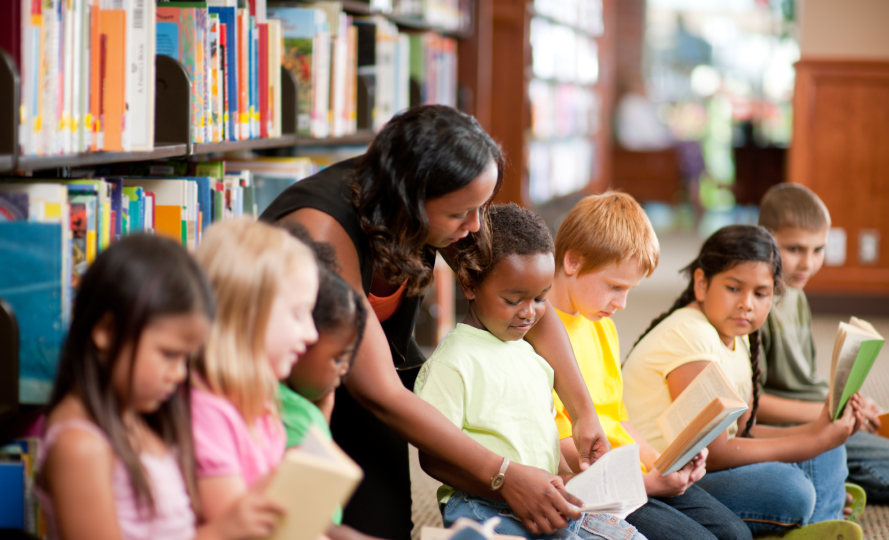Different types of educational programs are aimed at the formation of a personality culture, its successful adaptation to life in society. At the same time, a basis for the correct selection and development of the profession is created for students.
Learning programs
Types of educational programs of the school include:
- preschool;
- general initial;
- basic general;
- complete (secondary) education.
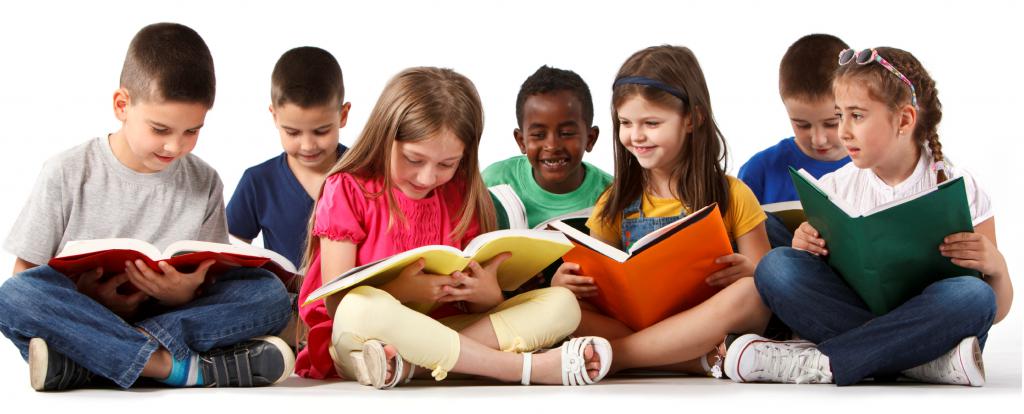
The purpose of vocational education
Such types of educational programs contribute to a consistent increase in the general educational and professional level of training of specialists of a certain qualification.
They include several steps:
- initial;
- the average;
- Higher
- postgraduate professional education.
Minimum required
All types of educational programs contain a list of the skills that pupils or students should master after completing the course. The regulatory timelines for the implementation of training programs are established by the model regulations on educational programs, basic laws, and the new generation of Federal State Educational Standards.
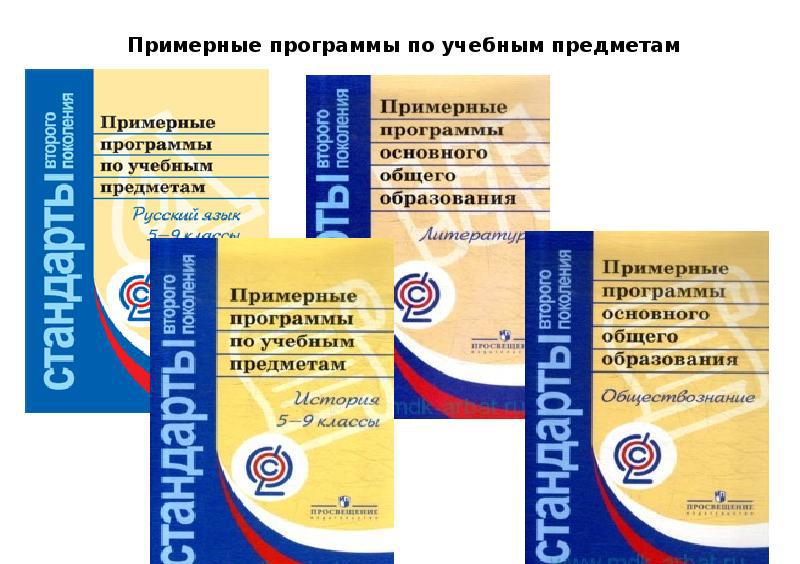
Classification
All types of educational programs are divided into basic and additional. The main difference between them is educational standards. Any types of preschool educational programs are aimed at satisfying the various educational aspirations of the individual. It is such programs that are interconnected with educational services.
Currently, in the domestic education system, there are many varieties of curricula. Their content is determined by the educational institution, teachers, given the approximate plans and programs recommended by the Ministry of Education and Science of the Russian Federation.
There are also certain types of adapted educational programs designed for children with health restrictions.
In addition to traditional (classical) programs and methods, at present, teachers in Russian schools use original experimental programs. Teachers have the right to independently choose topics, content, volumes of similar programs, to develop new working methods that will correspond to the content of the Federal State Educational Standard for a particular academic discipline.
The explanatory note indicates the main activities of the educational program, options for testing knowledge and skills, requirements for graduates.
Basically, such programs are used in extracurricular activities. They are intended for in-depth study of any individual topics.
Among the new trends in the education system are types of educational programs for children aimed at involving the younger generation in project and research activities.
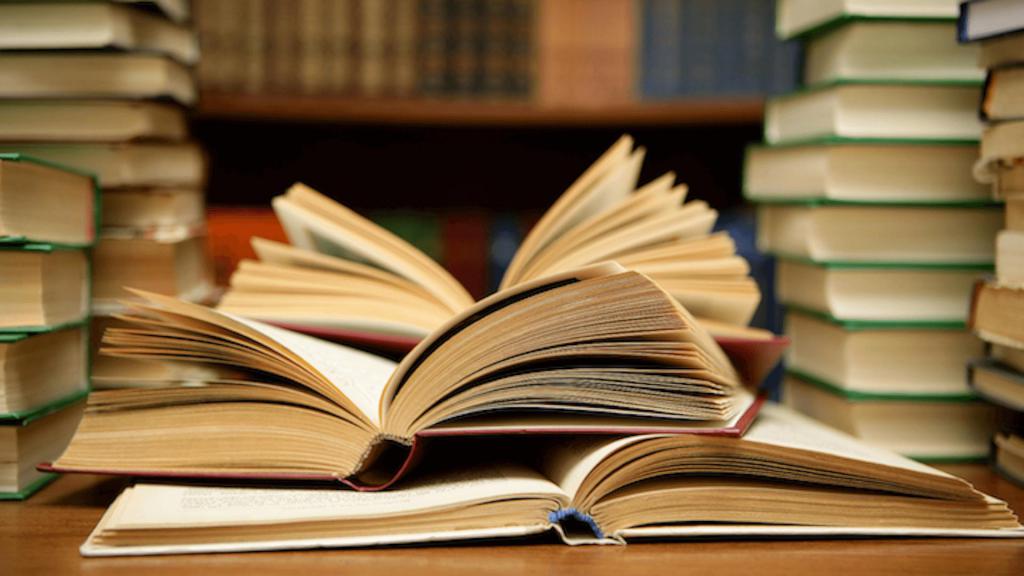
Club program "Search"
It involves the identification, work with gifted students, aimed at the maximum disclosure and formation of the future scientific elite, taking into account the individual topological characteristics of the personality. The children involved in this additional educational program gain skills in working with scientific materials, learn to formulate research problems, define work tasks, identify optimal methods for work, and develop their own projects. As part of the activities in the club “Search”, students also gain the skills of conducting scientific discussion.
Given that the work on this additional program is carried out in individual and group form, the occupancy of the group does not exceed 15 people.
The course is designed for 69 hours, designed for students in grades 9-11. The program assumes three main stages:
- preparatory;
- main;
- final.
Among the distinguishing features of the course include:
- wide scientific range;
- provides individual development for each child;
- allows the use of various types of information sources: directories, manuals, magazines, articles;
- the priority in the program is independent research work, the teacher acts as a consultant;
- the ability to provide research results at conferences and competitions at the regional and federal level.
The main goal of the program is to create conditions within the framework of further education for the formation of a comprehensively developed personality, adapted to the information capabilities of ICT, as well as the development of communication skills.
Among the requirements that apply to members of the club "Search":
- the ability to independently organize, design a study or project;
- processing and systematization of results;
- formulating conclusions on the results of the work done;
- mastering the skills of experimental activity.
At the preparatory stage, students get acquainted with the theoretical aspects of scientific and research work in the field of natural sciences: the choice and formulation of the problem, methods of collecting and processing the results.
The main stage of the program is devoted to the study of research design, the hypothesis, the definition of the program of work. Club members first study the theoretical aspects related to design and research, then they practice them in practice, doing their own work.
The advantage of this additional educational program is the creation of optimal conditions for the formation of a person with an active civic position.
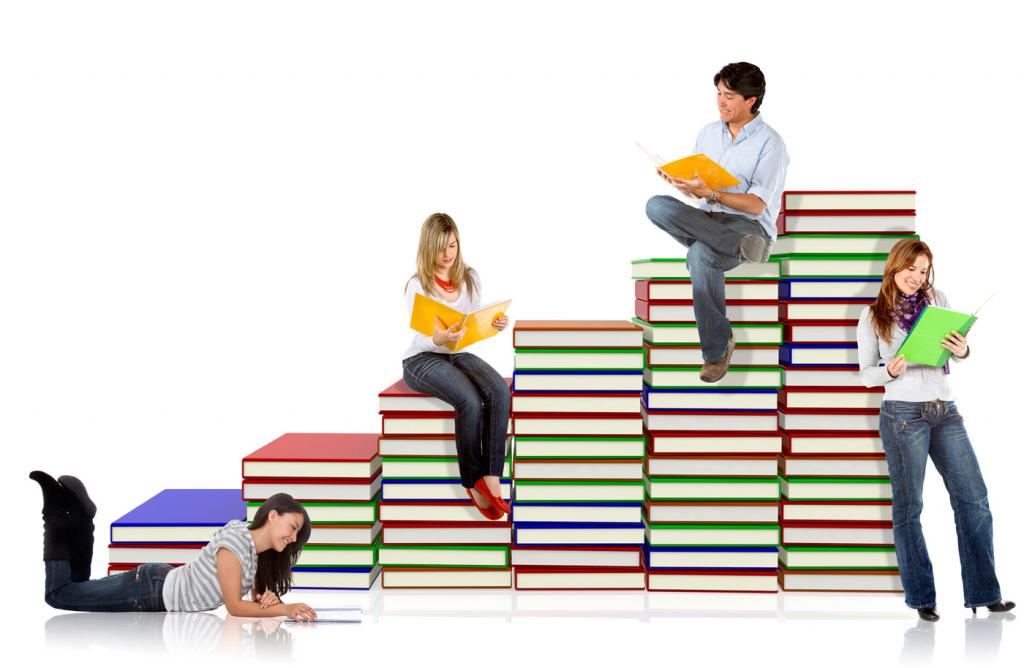
Specificity of copyrighted programs
Their distinguishing characteristics are the logic of constructing the course, the depth of theoretical and practical issues raised by the author. Such programs must be approved in the manner prescribed by the educational institution. First, the author's material is considered at the methodological association of teachers, then it is approved by the director of the educational institution. If the course is designed for teaching for students of different schools, in this case, the program is considered at the district (regional) level.
Modified Programs
At present, schools use educational programs in which subject content is preserved, but methods, forms of implementation, and means of achieving the goal have been changed.
Many Russian educational institutions use two options for training programs: copyright and standard. In some gymnasiums and lyceums, there are also individual and individual authors' methods compiled by innovative teachers and professionals.
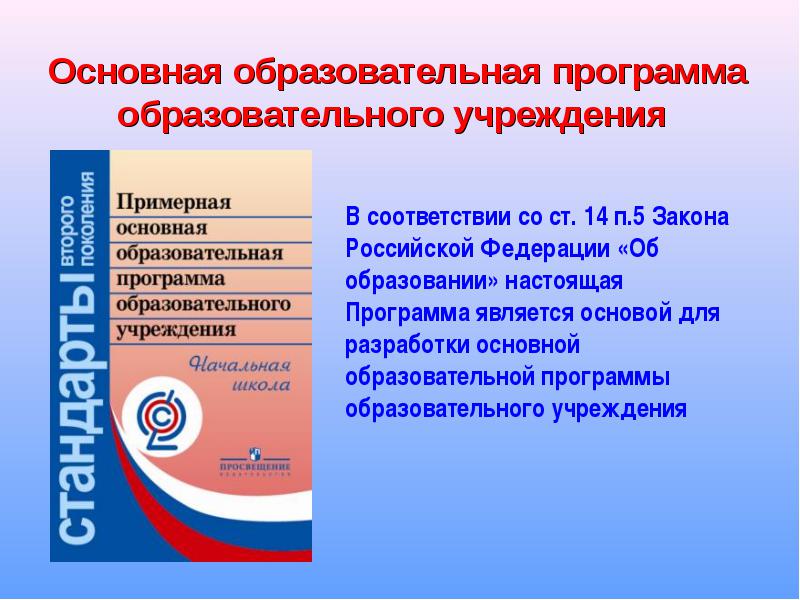
Compilation Algorithm
Sample (typical) programs involve a basic, general range of skills, knowledge, abilities, a system of scientific worldview ideas, an enumeration of the most important techniques and teaching aids, individual for each subject.
It is typical programs that contain a national-regional component, meet the requirements of the Federal State Educational Standard, take into account the methodological capabilities of teachers, technical, information support, and the level of preparedness of students.
Classification Options
Currently, it is customary to subdivide programs by type into the following groups:
- cognitive, giving in-depth knowledge on a particular discipline, contributing to the development of intellectual abilities of students;
- applied orientation related to the identification and subsequent development of creative abilities of schoolchildren;
- design type related to the formation of design and research skills;
- social adaptation, allowing to master and form a positive social experience;
- sports and wellness, promoting a healthy lifestyle;
- development of artistic giftedness, allowing to form a creative imagination, fantasy, observation, ability to portray, describe the world.
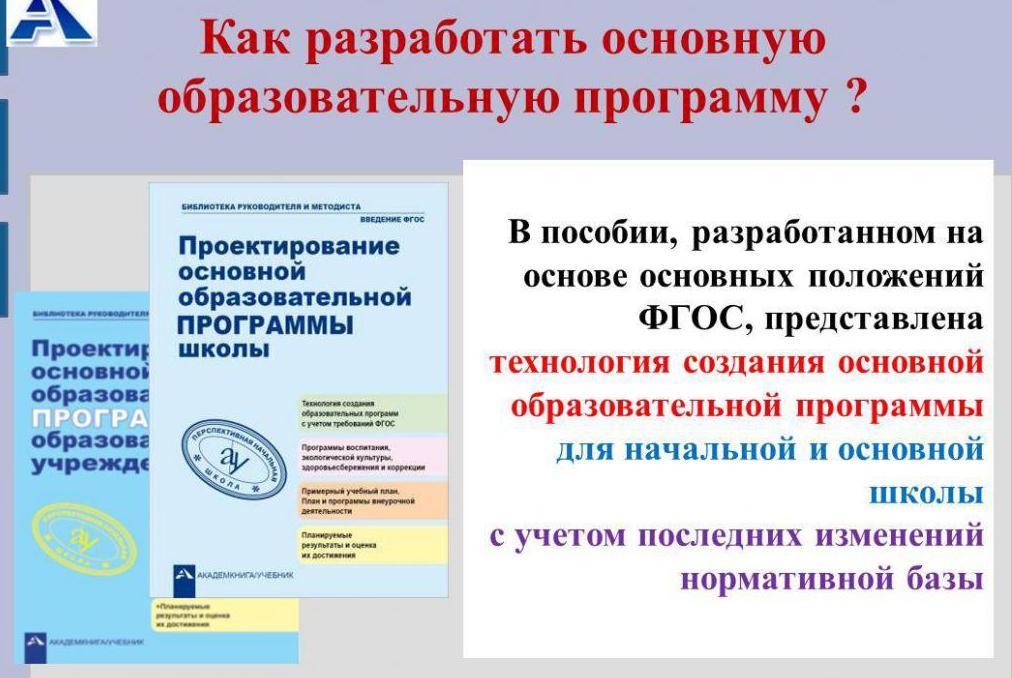
Conclusion
Among the variety of educational methods currently presented in Russian education, teachers have the right to choose those that, in their opinion, are best suited for a specific target audience, fully take into account the individual characteristics of students, the level of their intellectual and physical development.
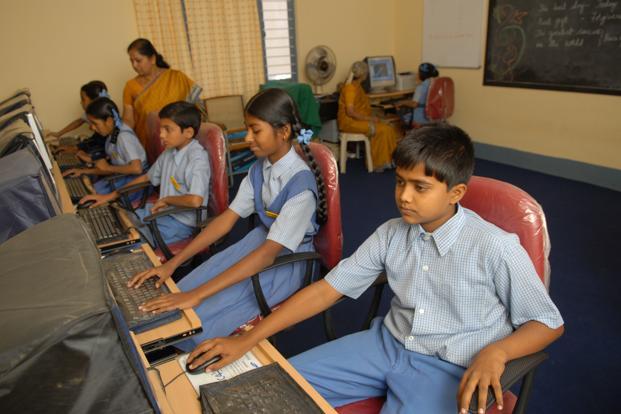
All types of basic educational programs should contain an explanatory note, thematic planning, a similar list of all the skills that should be formed in students after completing the course.
After the modernization of domestic education, teachers got the right to use not only traditional (standard), but also author’s methods.
